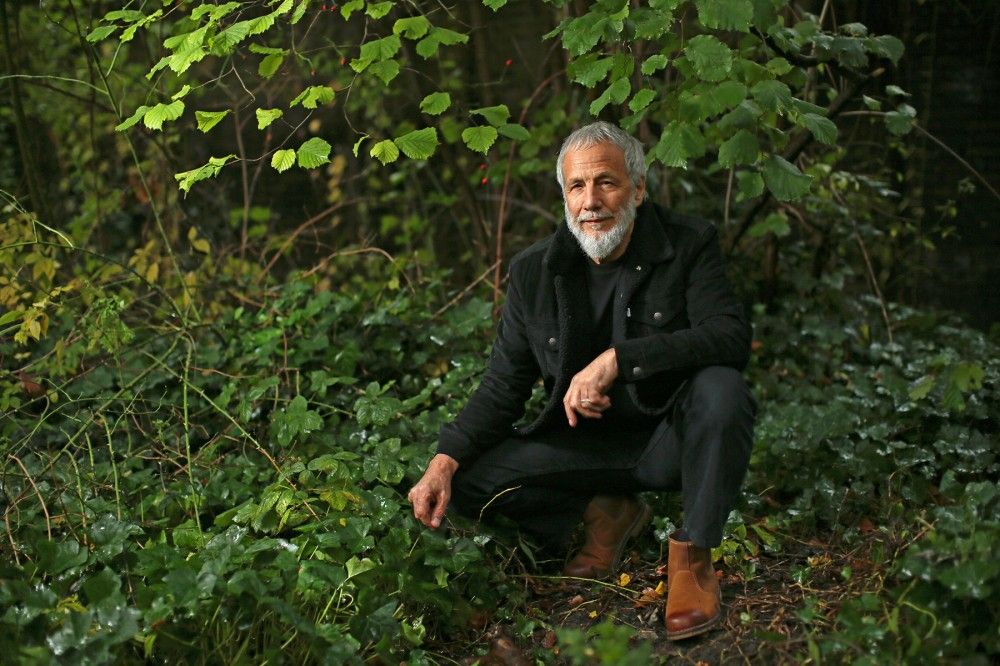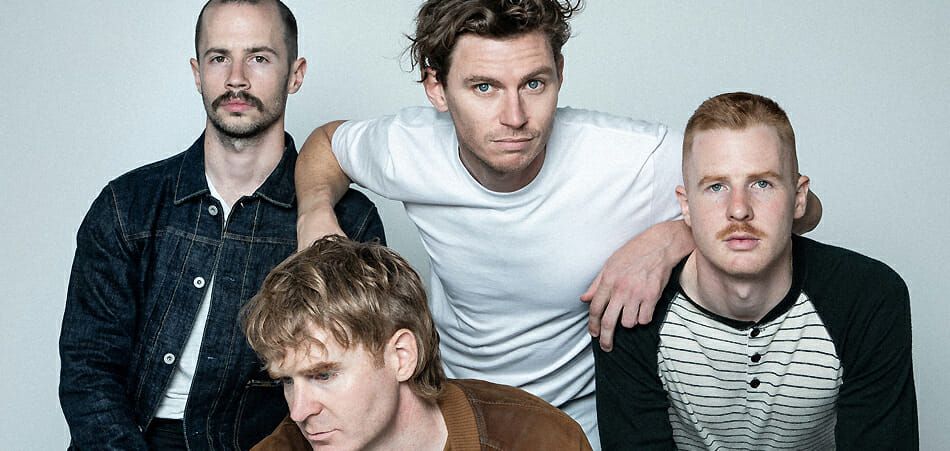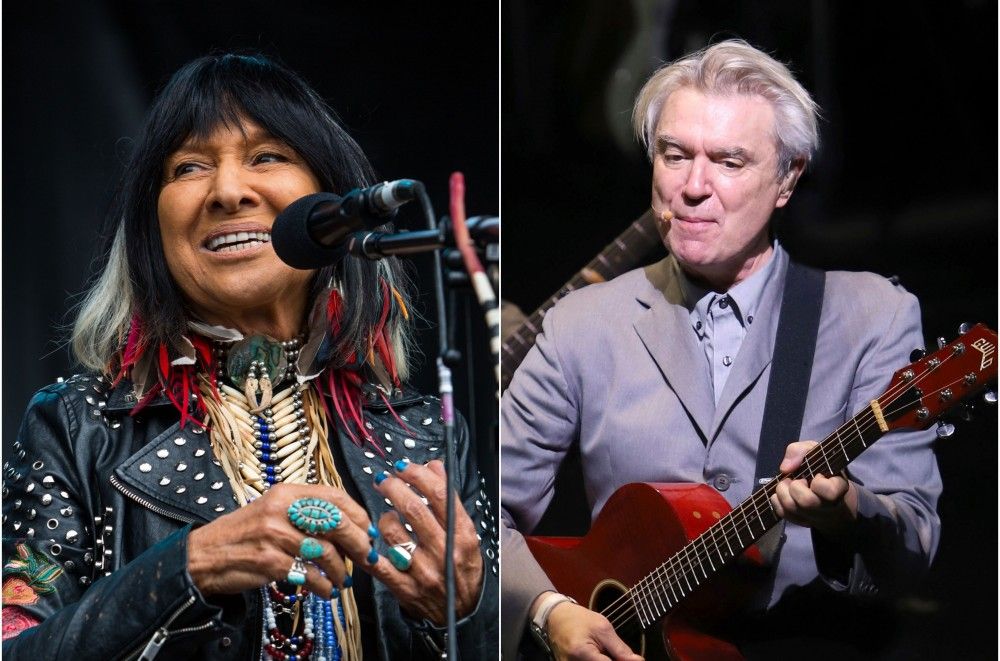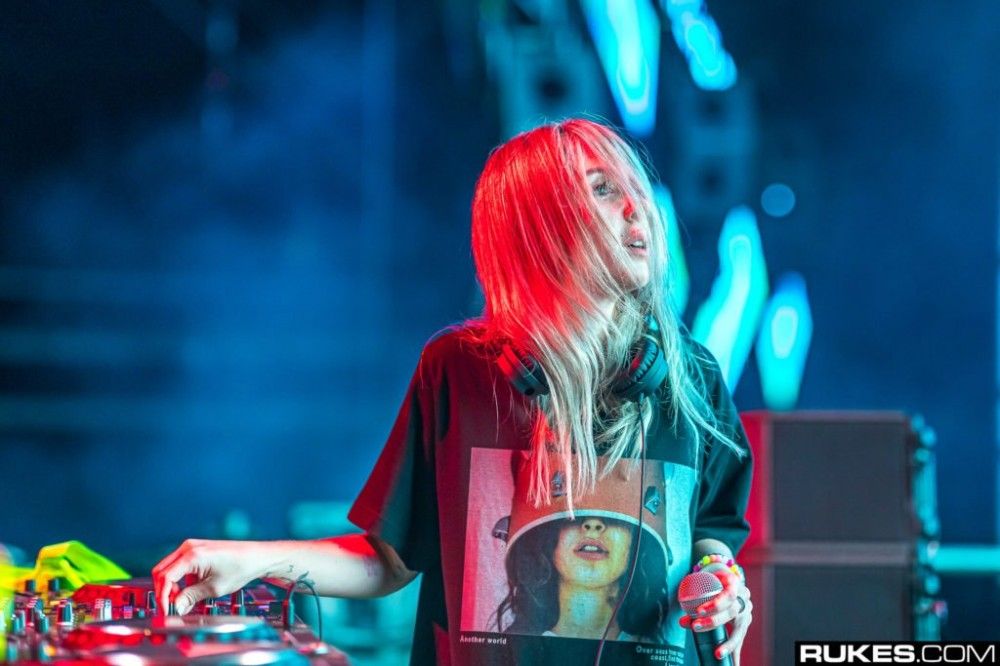
Yusuf/Cat Stevens Re-Records 'Tea for the Tillerman' for 50th Anniversary
This November will mark the 50th anniversary of ’ landmark album Tea for the Tillerman, which features “Wild World,” “Father and Son,” “Where Do the Children Play?” and other classics. To celebrate, the songwriter (who now records under the name ) has re-recorded the entire album with original producer Paul Samwell-Smith and original guitarist Alun Davies. He’s called it Tea for the Tillerman² and it comes out on September 18th, but you can hear the new version of “Where Do the Children Play?” right here.
The new renditions of the 11 Tea for the Tillerman tracks are not note-for-note recreations. In many cases, they are lusher than the sparse originals and some take surprising left turns, like a funkafied “Longer Boats” featuring guest vocals from rapper Brother Ali. “Wild World,” meanwhile, now sounds almost like a waltz. That said, Yusuf worked hard to maintain the same spirit of the originals.
“This album is very important because it’s celebrating so many people,” he tells Rolling Stone. “It’s their soundtrack and people’s memories are so intertwined with the notes of this album and the music of this album. I hope a lot of people will love to grow this new album.”
Yusuf called Rolling Stone from his home in Dubai to discuss the new album, his life during quarantine, his touring plans and the usage of his music in the films Rushmore and Harold and Maude.
How is your quarantine going?
It’s actually not too bad here. We’re obviously kind of locked down and can’t go very far. You need to wear masks and have gloves, but they’ve just eased things up a little bit and some shops are open. It’s quite well organized in the shops. I haven’t gone in myself, but they apparently monitor you and measure your temperature. It’s quite well controlled. Everything here is not too bad, to be honest. We haven’t been affected so far.
I know Ramadan just wrapped up. How was it different than usual for you?
We couldn’t go to the mosque. Normally in Ramadan, you like to go to the mosque for the last prayer of the day. That wasn’t possible since all the mosques are shut. We had to do everything at home, but that was good for me because it made it more intense and more concentrated. It’s a spiritual month and you don’t have to be going out and gallivanting everywhere. It kind of suited the month. I became more reflective. I read more during this Ramadan than I have during previous ones.
I’ve really been enjoying the new version of Tea for the Tillerman. Why did you decide to re-record it?
It’s a collection of reasons, really. One of them was that we knew we were coming up to the 50th birthday of the friendly face, Tillerman, and we wanted to do something special for him. And we thought about it and my son Yoriyos came up with the idea of, “Why don’t we record it again?” I suddenly thought, “Hang on. We could. There’s nothing to stop us.” That was the first ignition of the idea.
Another reason was I wanted to do more up-to-date versions of how I do it onstage and how I’d like to do it onstage so I could update my catalog a little bit and show how I sound today. I also wanted to take some expeditions and adventures with the songs, which I certainly have done with some of them. I have taken them to a slightly different sphere of sonicality. That was another reason.
And I got to sing a duet with myself after 50 years, which is incredible. In “Father and Son,” the voice of the son was taken from a recording of me in 1970 at the Troubadour in Los Angeles. And now here’s me at 70 singing with myself when I was about 22. It’s amazing. It’s virtual reality for you.
When many older artists re-record their classic albums, they tend to stick to the exact same arrangements and it’s usually just an attempt to license them out when they don’t own the publishing of the originals. That doesn’t seem to be the case here.
There was also this idea of re-recording so you could circulate your own versions, but I don’t think that was necessary. The original version is great. People are fond of that. But I wanted to do something original. We certainly did do that. If you listen to “Longer Boats,” nobody would have expected James Brown to jump in the middle of it and start funking around, but that’s exactly how we did it.
If you listen to “On the Road to Find Out,” that to me is a beautiful departure from the original since it’s gone into an area that I love, a sort of desert blues. We had a very, very good time making this record. It’s something new.
“Wild World” has an almost waltz-vibe to it. It’s a very different arrangement.
Yeah. It could be sort of Argentinian, sort of tango-type, waltzy back in 1940 or something like that. That was a simple jump for me to make. What happened is I was playing around with my Yamaha Clavinova, which is one of those machines where you can press any button, like “pop,” “R&B,” “world music” or whatever. I ended up with this button called “Ragtime” and I started playing these chords and singing “Wild World” to it. It sounded so great and I felt it was great fun, so I recorded it on my mobile. That became the basis for the arrangement.
It’s all possible. I do think that song obviously has its own iconic arrangement, which is not going to change. I just wanted to do something different. I had great fun doing it. And that particular track was recorded in Stockholm at Benny Andersson’s studio, which overlooks the archipelago. We got this great alto sax player, a jazz-oriented player, to come in and fill in little parts. It was kind of ambient.
Who is the rapper on “Longer Boats?”
That’s Brother Ali. He came and did his speech in the middle of it. We sent him the track and it just came back like that. We loved it. It fits perfectly.
What was it like working with Paul Samwell-Smith and Alun Davies again?
We’ve been working together on the recent albums and we got so used to each other. And I didn’t want to leave them out of this one because this is Paul’s baby as well. I wanted him to connect with it. He also lives in the South of France, which is where we recorded most of the album apart from “Wild World.” It was great to have him along.
We also had Alun there. He’s a vibe and he’s always been a great vibe for me, from the moment we met in Olympic Studios. He originally didn’t know quite what to expect from me in those days, but ever since then we hit it off and started playing together. It was great to have him.
We got some other great musicians to play with us. Peter Vettese plays the keyboards. He’s been with Jethro Tull and is a spectacular musician. Another real great multi-instrumentalist is Kwame Yeboah] from Ghana. My God, he does anything you can imagine. The guitarist as well, Eric Appapoulay. Jim Cregan too. He was with Rod Stewart once.
Do the words of “Father and Son” mean something different to you now than the time when you first wrote them?
Well, the story behind the writing of that one is that it was intended for a musical. I had already cast myself in two roles, playing the two characters in this musical I was writing, which was based on the Russian Revolution. It originally had to do with the young son living with his father on the farm and he wanted to join the march, join the revolution, and his father wanted him to stay home. “It’s better not to change things. Let’s keep things as they are.”
That was basically the story against another story that was going on at the same time, which was Nicholas and Alexandra, the czar of Russia. That’s a whole other story. Anyway, that was where the song came from. But it has a massive meaning for so many people. As far as I was concerned, yes, my father had a life. He also had an immense jump from where he came from the little island of Cypress. He made quite a few jumps, actually. I think it wasn’t necessarily about dad, but then again, it was because I never followed his path. I didn’t take over the restaurant. I went and did something completely different.
How did it feel emotionally to revisit these songs after 50 years and get back in the headspace of your younger self?
Well, I’ve been singing them live anyway, so they aren’t too far from where I am today, or the meanings of the song. “Where Do the Children Play?” has a contemporary theme as well now. Everybody is beginning to get that one and understand how vital the message of that song is. Therefore the songs and their meanings haven’t changed much, like “Wild World” or ” Where Do the Children Play?”
“Miles From Nowhere” is a great spiritual song. It’s such a metaphor for life. There’s always a mountain to climb. That satisfies that. And “Into White” is just a pretty song. You just can’t help but fall in love when you sing it. It’s great. Bringing these songs to life again was just a joy.
Prior to the pandemic, were you planning a special show where you’d play the album straight through? Might that still happen at some point?
Yeah. That was the intention. We were really getting ready for that. Rehearsals were all lined up and everything. The busses were booked and everything. But it came in the way. Suddenly you’re looking at an ocean and you can’t cross it anymore. That changes that.
Destiny has a way of affecting you. You suddenly say, “OK. This is it. Get used to it.” Let’s hope we can get moving again. But now we’ve learned how much we can do while we’re at home. It might change things a little bit in the future.
You’re hoping next year to possibly do those shows?
Yeah. I’d love to do that. I’m also writing a lot of music. I can’t say I’m writing right now, but I’ve written a lot of songs and we’ve also recorded, more or less, an album, which is ready to go. But because Tillerman is the 50th anniversary, we decided to do that first. But we have more music to come. There’s a lot of very interesting songs.
Your voice is in remarkable shape for your age. You basically sound the exact same. Do you think not singing for all those years helped preserve it?
Yeah. I was basically in a non-musical pod somewhere in the atmosphere, floating around. I was doing lots of other things. I had a life, to be sure, and I didn’t really have time to do anything else. But when you look at what it did for me, obviously, I don’t drink. I certainly don’t take drugs. All of that and the effect it had on my life and my physical state and my being, obviously, was positive. And my voice was preserved. Thank God.
This is getting off-topic, but I feel like the movie Rushmore introduced your music to many people that weren’t around when it originally came out. Have you seen that movie? What do you think of it?
I love it. I met Wes Anderson a long time ago and we talked about possibly doing a musical together. He loved my music and it was great to hear. His choice of songs, like “Here Comes My Baby,” was terrific. I loved hearing that again in the film.
I can’t hear “The Wind” and not think of that movie.
It’s a beautiful film. It’s about this young dude trying to figure it out. He doesn’t quite fit in. That has always been the theme for many of my ventures and involvement in film, Harold and Maude being the best example, a guy that just wants to shock his mother into reality.
To wrap here, I’m curious to know if you’re feeling optimistic about the state of the world considering how bleak everything feels right now.
Well, I am. I’m always an optimist. I do think there’s work that has to be done. You can’t just sit back and expect it to happen. There are lots of things that need to be done. For instance, right now there’s a general attitude that we are progressing, but I’d definitely question that. I’d say that we aren’t becoming better human beings just because we have so much more technology to help us communicate and we can get food from any part of the world. There are so many luxuries and comforts that people have taken for granted today.
But it hasn’t made us better human beings. That’s the question we have to think about. This thing that has happened is a disaster. At the same time, as the Chinese say, a crisis is also an opportunity. I think this is an opportunity for us to reboot our humanity a little bit. We’ve got close to our families.
I’ve got a project that is important. “Peace Train” was always a song, a theme, an anthem which was very, very important for the time. And it’s still important. But today we’re using it as a name for a charity project that is sending food to townships and refugee camps, providing food to families. It’s about making sure people have bread and butter on the table. You can’t achieve peace without that. You can’t have starving people and try to sing about peace. It’s impossible. You’ve got to look at what’s going on with humanity and take some steps to address that. That’s what I’m trying to do.
That’s great. And I’m really hoping you tour next year. Seeing live music again will seem especially joyous once it’s possible again.
It will be exciting. I don’t know how it’s going to work. I can’t visualize it anymore. It’s just so foreign to us. We’re used to this distancing thing. I can’t imagine being crammed together again at a show.
I don’t want to be singing “Peace Train” at one of your shows while wearing a mask. It’ll seem crazy.
You’ve seen how Tillerman looks today on the new cover. We might all be walking around in spacesuits just to make it safer for us all.



